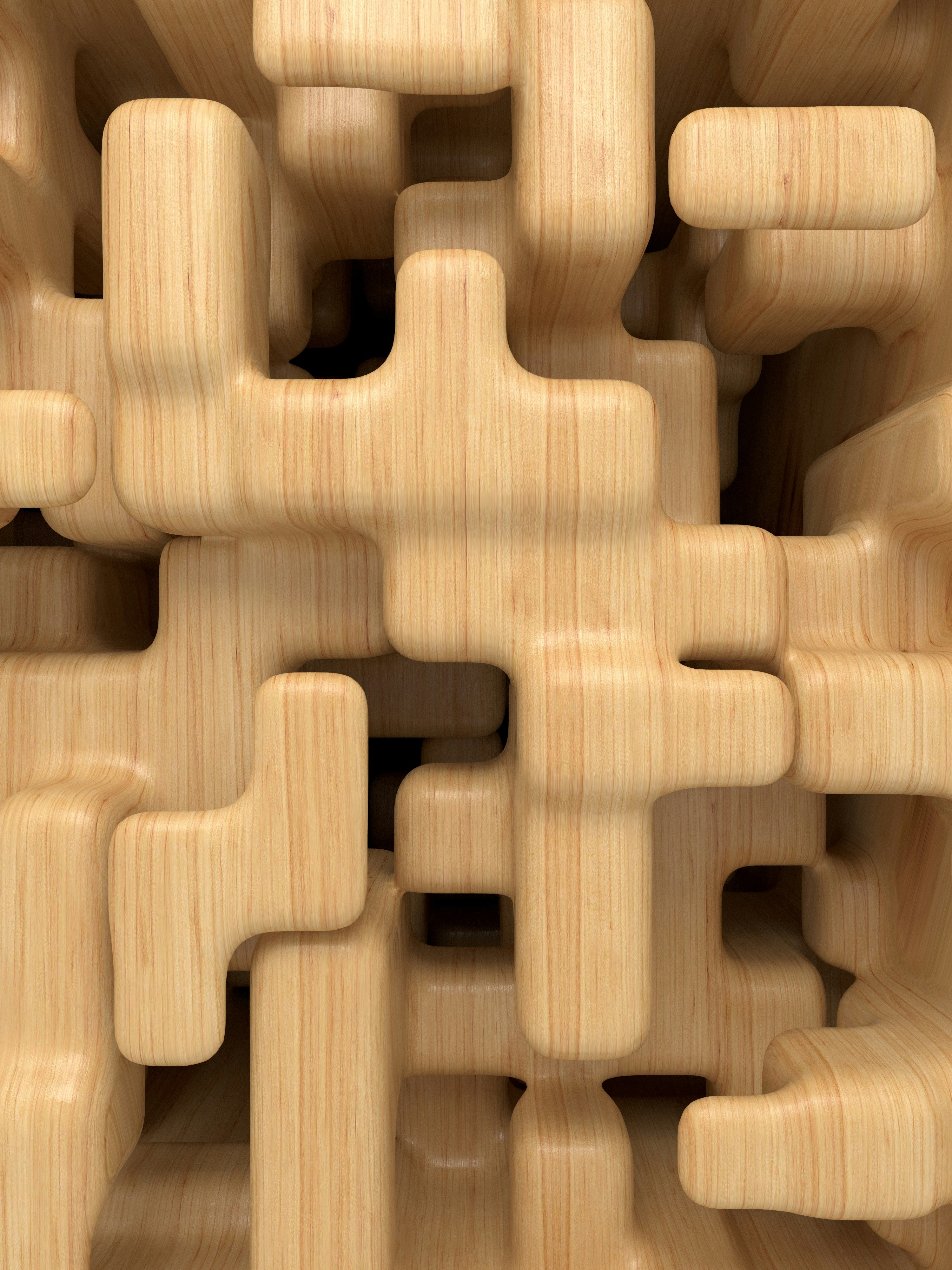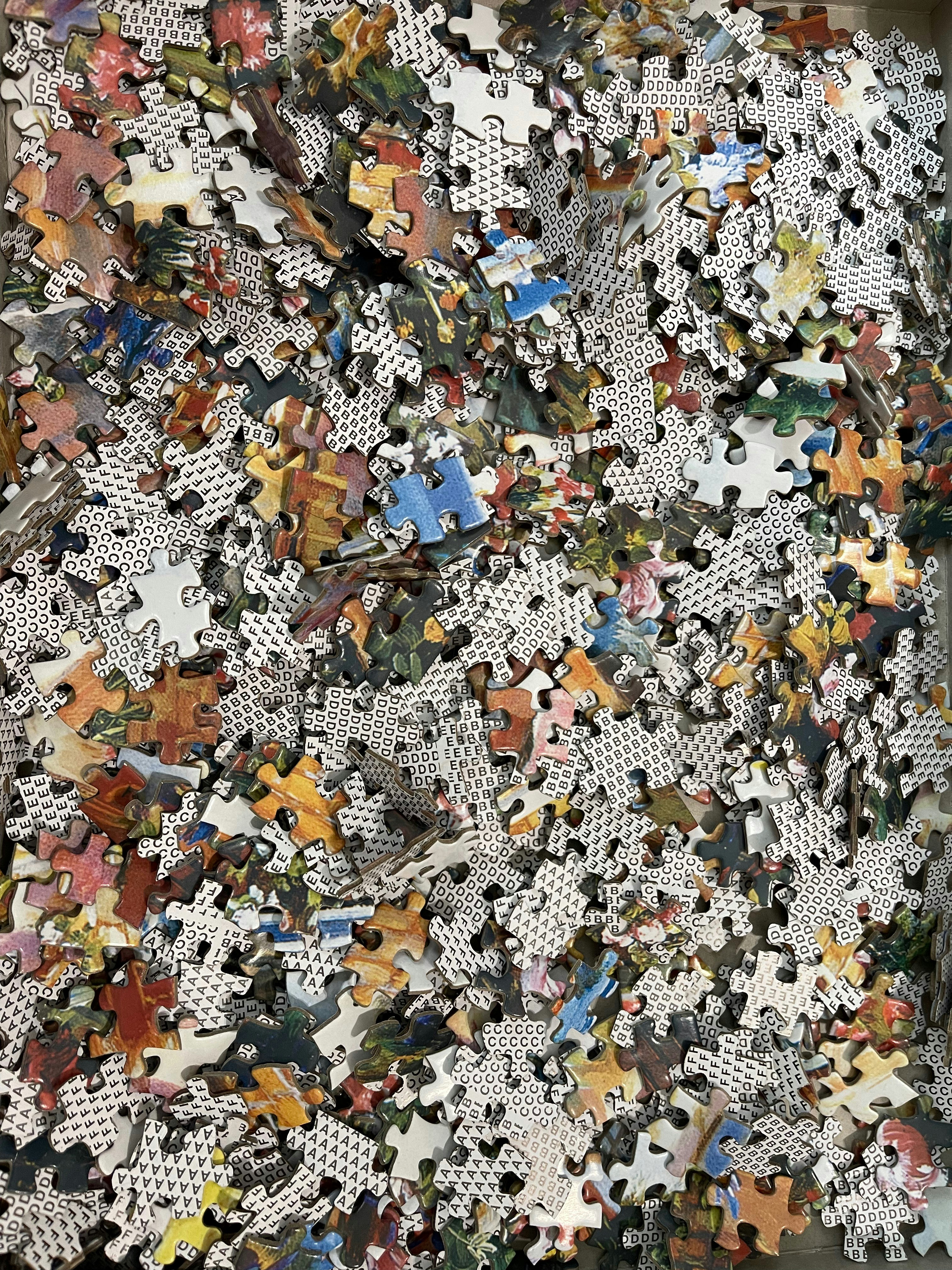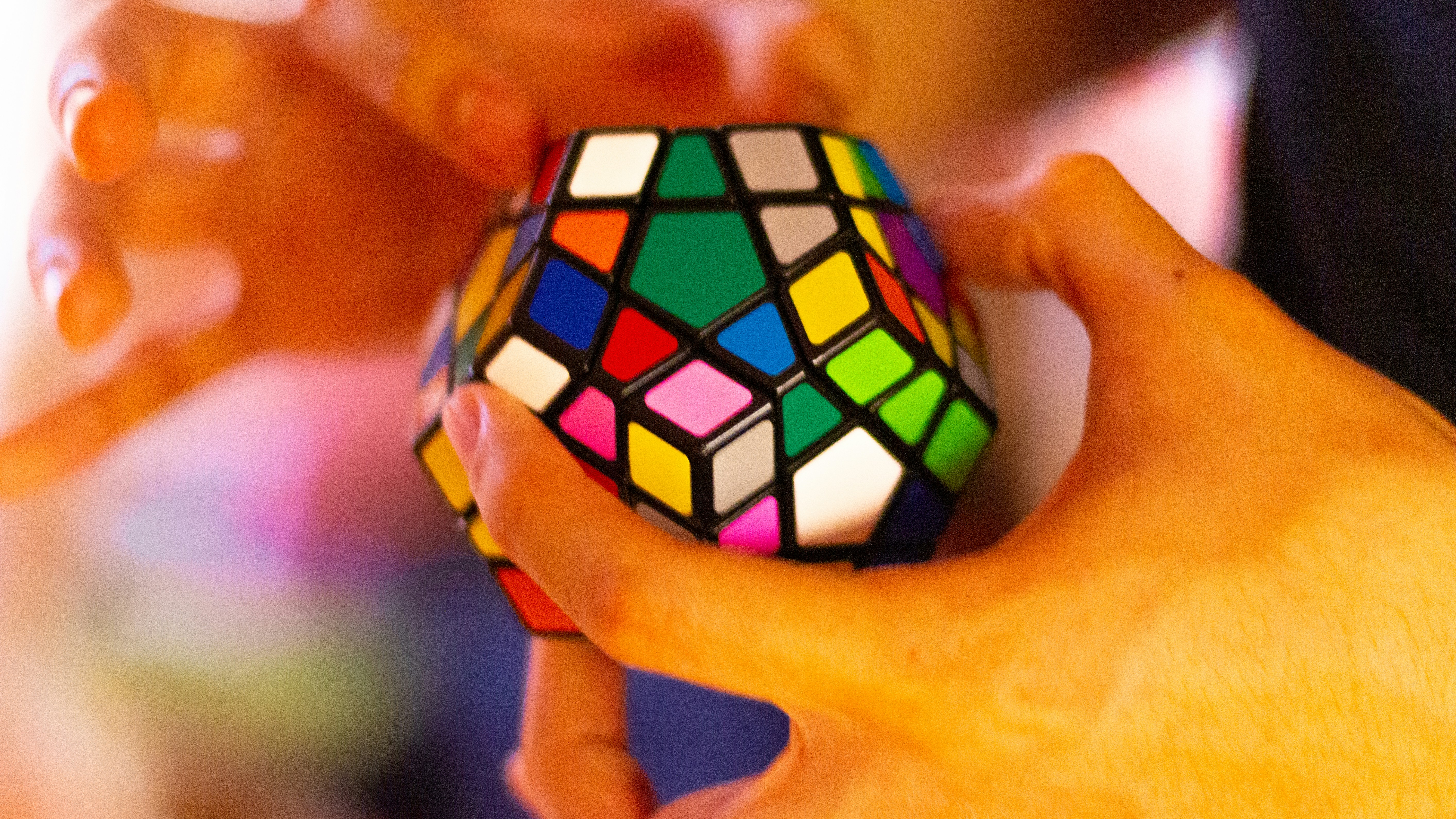Did you know? Research from Cambridge University shows that playing puzzle games for just 15 minutes daily can improve working memory by up to 30% within 4 weeks. This comprehensive guide explores the best puzzle games that actually enhance your cognitive abilities.
The Science Behind Puzzle Games and Brain Training
Puzzle games aren't just entertainment—they're powerful tools for cognitive enhancement. Neuroscientific research reveals that engaging with challenging puzzles stimulates neuroplasticity, the brain's ability to form new neural connections throughout life.
Dr. Sarah Johnson from the Cognitive Research Institute explains: "When we solve puzzles, we activate multiple brain regions simultaneously, including the prefrontal cortex for executive function, the parietal lobe for spatial processing, and the hippocampus for memory formation."

Proven Cognitive Benefits
- Enhanced Working Memory: Puzzle games improve your ability to hold and manipulate information in your mind
- Improved Problem-Solving: Regular puzzle play strengthens logical reasoning and creative thinking
- Better Attention Span: Focused puzzle-solving increases sustained attention and concentration
- Increased Processing Speed: Quick decision-making in games translates to faster real-world cognitive processing
- Stronger Pattern Recognition: Identifying patterns in puzzles enhances this crucial cognitive skill
Top 10 Brain-Training Puzzle Games of 2025
1. Lumosity Brain Training
Scientifically designed games targeting memory, attention, and problem-solving skills. Used by over 100 million people worldwide.
2. Portal Series
3D spatial reasoning puzzles that challenge players to think in dimensions while solving increasingly complex scenarios.
3. Tetris Effect
The classic block-stacking game proven to improve spatial visualization and reduce intrusive thoughts.
4. Monument Valley Series
Optical illusion puzzles that enhance creative problem-solving and spatial reasoning abilities.
5. The Witness
Line-drawing puzzles that progressively teach complex logical rules and pattern recognition.
6. Peak Brain Training
Personalized workouts targeting specific cognitive skills with detailed progress tracking.
How Different Puzzle Types Benefit Your Brain
Logic Puzzles
Games like Sudoku and logic grids strengthen deductive reasoning and systematic thinking. These puzzles teach your brain to follow rules consistently and identify contradictions quickly.
Spatial Puzzles
3D puzzle games and tangrams enhance spatial intelligence—the ability to visualize and manipulate objects in your mind. This skill is crucial for mathematics, engineering, and everyday navigation.

Word Puzzles
Crosswords, word searches, and anagram games boost verbal fluency, vocabulary, and language processing speed. They're particularly effective for maintaining cognitive function as we age.
Pattern Matching Games
Match-3 games and pattern recognition puzzles improve visual processing and attention to detail while enhancing working memory capacity.
Creating Your Personal Brain Training Routine
To maximize cognitive benefits, neuroscientists recommend following these evidence-based guidelines:
- Consistency Over Duration: Play for 15-20 minutes daily rather than long weekend sessions
- Progressive Difficulty: Gradually increase challenge levels to maintain cognitive load
- Variety is Key: Rotate between different puzzle types to exercise various brain regions
- Track Your Progress: Monitor improvements in speed and accuracy to stay motivated
- Transfer Learning: Apply puzzle strategies to real-world problem-solving situations
Weekly Brain Training Schedule
- Monday & Thursday: Logic puzzles (Sudoku, KenKen)
- Tuesday & Friday: Spatial games (Tetris, 3D puzzles)
- Wednesday & Saturday: Word puzzles (Crosswords, Scrabble)
- Sunday: Mixed puzzle gaming session
Common Myths About Brain Training Games
Myth: Brain Training Games Don't Transfer to Real Life
Reality: While early studies showed limited transfer, recent research indicates that well-designed puzzle games can improve real-world cognitive tasks when they target specific cognitive processes rather than general "brain power."
Myth: Only Complex Games Provide Benefits
Reality: Simple games like Tetris have shown remarkable benefits for spatial reasoning and even PTSD treatment. The key is consistent engagement, not complexity.
Myth: Brain Training Only Helps Young People
Reality: Studies show significant cognitive improvements in adults over 60 who engage in regular puzzle gaming, with benefits lasting up to 10 years.
Measuring Your Cognitive Progress
To track your brain training success, monitor these key indicators:
- Reaction Time: How quickly you recognize patterns and make decisions
- Accuracy Rate: Percentage of correct solutions on first attempts
- Problem Complexity: Difficulty level of puzzles you can solve comfortably
- Sustained Attention: Length of time you can focus without breaks
- Transfer Skills: Improvement in related real-world tasks
The Future of Brain Training Games
As we advance through 2025, brain training games are becoming more sophisticated, incorporating AI-driven personalization and virtual reality experiences. Emerging technologies promise even more targeted cognitive enhancement:
- Adaptive AI: Games that adjust difficulty in real-time based on your cognitive state
- VR Integration: Immersive 3D environments for enhanced spatial training
- Biometric Feedback: Heart rate and brainwave monitoring for optimized training sessions
- Social Gaming: Multiplayer puzzle challenges for competitive motivation
Conclusion
The evidence is clear: puzzle games can be powerful tools for cognitive enhancement when approached scientifically. By incorporating diverse puzzle types into your daily routine and following evidence-based training principles, you can significantly improve memory, attention, and problem-solving abilities.
Remember, the key to successful brain training lies not in playing any random puzzle game, but in choosing scientifically-backed options and maintaining consistent, progressive practice. Start your brain training journey today and unlock your cognitive potential!
